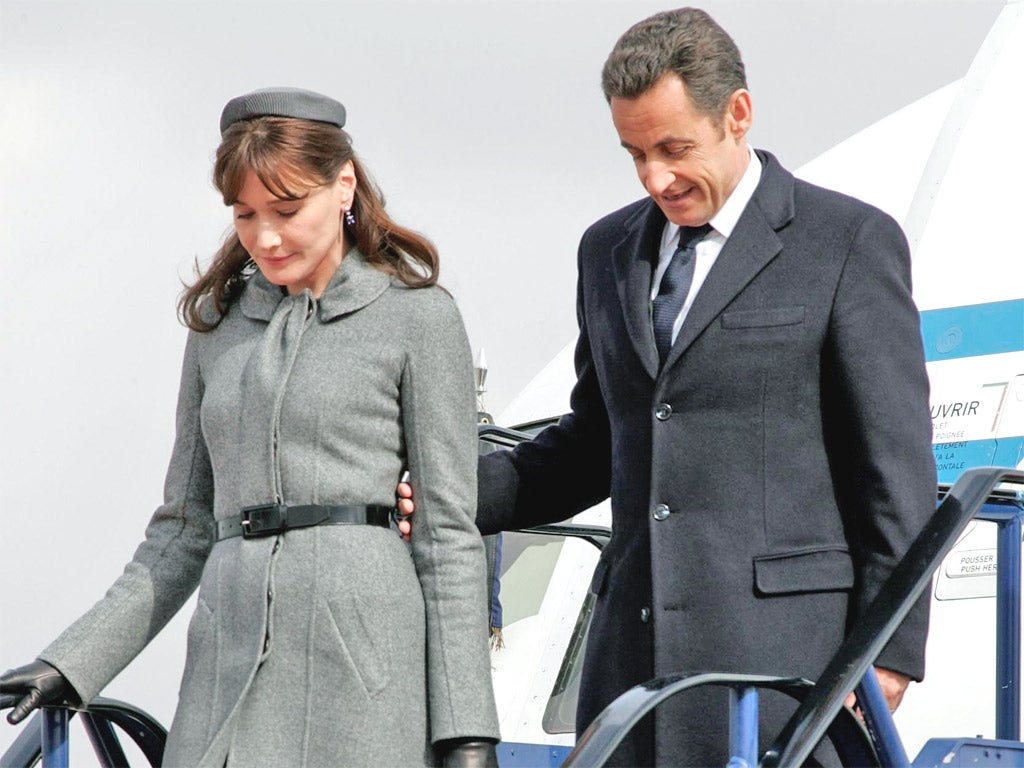
Your support helps us to tell the story
From reproductive rights to climate change to Big Tech, The Independent is on the ground when the story is developing. Whether it's investigating the financials of Elon Musk's pro-Trump PAC or producing our latest documentary, 'The A Word', which shines a light on the American women fighting for reproductive rights, we know how important it is to parse out the facts from the messaging.
At such a critical moment in US history, we need reporters on the ground. Your donation allows us to keep sending journalists to speak to both sides of the story.
The Independent is trusted by Americans across the entire political spectrum. And unlike many other quality news outlets, we choose not to lock Americans out of our reporting and analysis with paywalls. We believe quality journalism should be available to everyone, paid for by those who can afford it.
Your support makes all the difference.François Hollande, the man who wooed the French with the promise to be a "normal" president, has decided to depart from rules and conventions in the name of normality.
In a break from his predecessor Nicolas Sarkozy, Mr Hollande has announced that he will make official journeys within France and to European summits in Brussels by train. He has also decided, for now at least, to continue living in his flat in an apartment block near the Eiffel Tower.
But in attempting to keep his campaign promise to be a "normal" president who remains in touch with the people, Mr Hollande is flouting conventions and advice from security chiefs – and even a 60-year-old law.
According to the legislation passed in the early 1950s, a police officer must stand beside every bridge en route when a president of the republic travels by train. Last year, the head of the French state railways, Guillaume Pépy, cited this law as the reason why Mr Sarkozy had never travelled by train.
With an average of two bridges per kilometre, a presidential journey from, say, Paris to Lyon would require 900 police officers to be deployed. How, then, did Mr Hollande manage to travel on a scheduled high-speed train from Paris to Brussels for the EU informal summit last Wednesday? SNCF, France's state-owned rail company, and the Elysée Palace said the security arrangements were "confidential".
But The Independent understands that Mr Hollande has given instructions for the law to be ignored until it can be removed from the statute book.
The Elysée Palace put the cost of the trip for Mr Holland and his entourage at €5,972 (£4,780). The cost of travelling to Brussels by presidential jet, as Mr Sarkzoy did, is estimated to be around €60,000.
Mr Hollande has also decided not to live in the Elysée Palace. He returns home each evening to the flat in the unfashionable 15th arrondissement which he shares with his partner, Valérie Trierweiler, and her teenaged sons.
The "Monsieur Normal" act – and his frenetic first two weeks in office – have gone down well with French voters. An Ifop poll put his popularity rating at 61 per cent, the third highest for any newly elected president in half a century.
Join our commenting forum
Join thought-provoking conversations, follow other Independent readers and see their replies
Comments